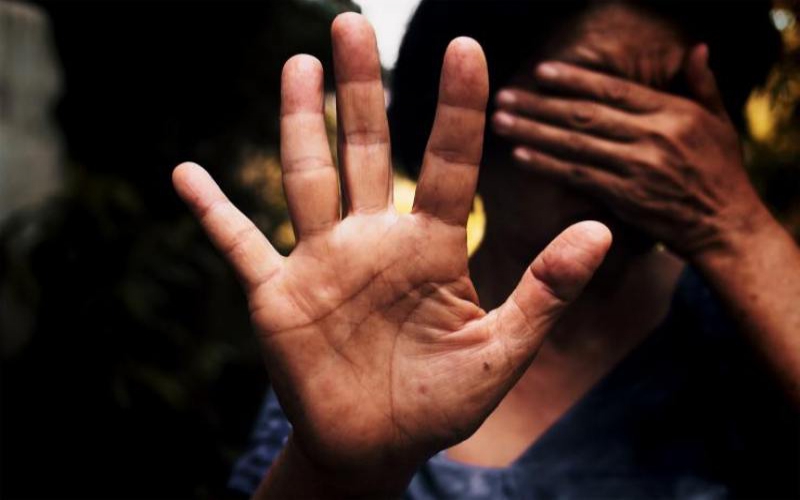×
The Standard e-Paper
Stay Informed, Even Offline

Covid-19 has subjected women and girls to a new form of socialization that negatively affected them and subjected them to the vicious cycle of domestic and gender-based violence.
Participants at a three-day Kisumu Women’s Conference whose theme is 'Shifting the power a vital conversation about redefining women's equality, health and rights' blamed the justice system for failing to protect women who have been violated in communities.